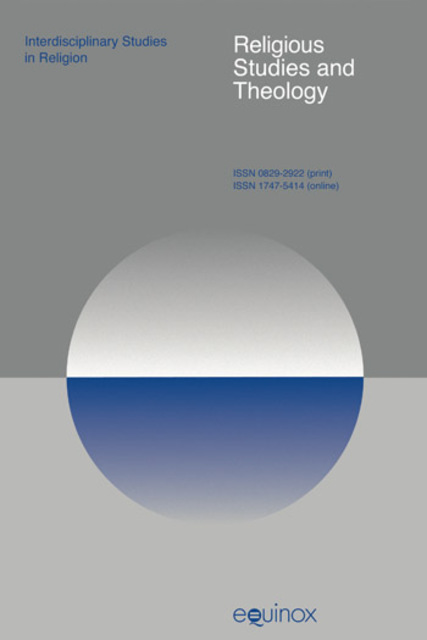Severus of Antioch as Theologian and Ideologist: Towards His More Ecumenical Evaluation

Hovorun, C. (2022). Severus of Antioch as Theologian and Ideologist: Towards His More Ecumenical Evaluation. Religious Studies and Theology, 41(1), 5–23. https://doi.org/10.1558/rst.21314
Full description
This paper explores the figure and theological legacy of Severus of Antioch, a founding father of the Oriental theological tradition. It delves into logical categories, which helped him rationalize Christ’s composition. The study focuses on the categories of common and particular natures, properties, and activities. Severus was engaged in polemics on many fronts: against real and imagined “Nestorianism,” Pope Leo, the council of Chalcedon, neo-Chalcedonians, and opponents from his own anti-Chalcedonian party. Some of his motives for such polemics were theological, and his ideological conservatism underpinned others. Severus seems to be one of the causes of the first great schism in the history of Christianity. Yet many of his own fights and fights against him were against shadows because he, in fact, often believed in the same things as those who fought him believed. His figure can be seen not only as divisive but as containing a potential for ecumenical reconciliation. The study concludes with suggestions about how Severan theological points and policies could contribute to the ongoing dialogue with the Oriental churches.
- typeImage
- created on
- file formatjpeg
- file size31 KB
- container titleReligious Studies & Theology
- creatorCyril Hovorun
- issnISSN: 1747-5414 (online)
- issue41.1
- publisherEquinox Publishing Ltd.
- publisher placeSheffield, United Kingdom
- rightsEquinox Publishing Ltd.
- doi
We use cookies to analyze our traffic. Please decide if you are willing to accept cookies from our website. You can change this setting anytime in Privacy Settings.
